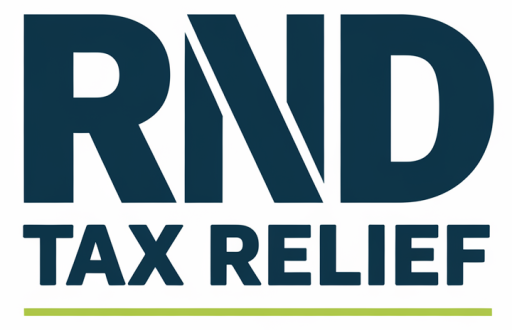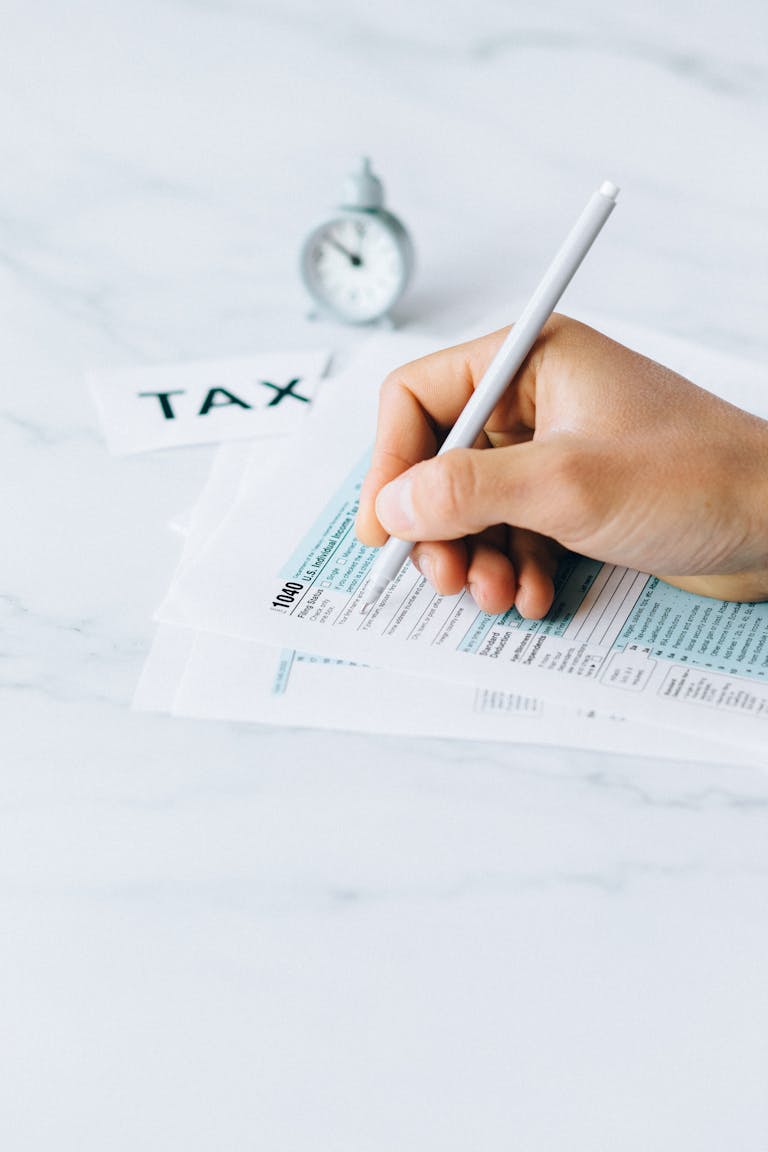Maximise Savings with UK Clean Energy Grants for Homeowners
Maximise Savings with UK Clean Energy Grants for Homeowners
Thinking of upgrading your home to be more energy-efficient? You’re not alone. With energy prices on the rise and climate change concerns growing, many UK homeowners are taking steps to make their homes greener. The great part? There are several clean energy grants in the UK that can help you save big while doing your part for the planet.
But with so many schemes and eligibility rules, it can feel like wading through a sea of information. Don’t worry—we’ve broken everything down into easy-to-understand info to help you get started.
Why Clean Energy Matters More Than Ever
Let’s face it—we’re all feeling the pinch of rising utility bills. Switching to clean energy at home isn’t just good for the Earth. It can cut your monthly expenses and add value to your property as well.
From solar panels to heat pumps, the UK government is encouraging green upgrades by offering various grants and financial support. These incentives are part of the move to reach gov.uk’s ambitious net zero carbon emissions goals by 2050.
Top Clean Energy Grants Available to UK Homeowners
1. The Boiler Upgrade Scheme (BUS)
If you’re thinking of swapping your old gas boiler for something greener, this scheme might be perfect for you. The Boiler Upgrade Scheme offers grants of up to £7,500 for households installing low-carbon heating systems, including air source and ground source heat pumps.
- This grant helps cover upfront installation costs
- You must own your property (homeowners or small business properties qualify)
- The heating system must replace a fossil fuel system (like oil or gas)
It’s a big leap, but these eco-friendly systems use much less energy in the long run—meaning long-term savings.
2. The Energy Company Obligation (ECO4) Scheme
ECO4 is designed to help low-income households improve their home’s energy efficiency. Under this scheme, larger energy suppliers pay for improvements such as insulation or heating upgrades.
- You must be receiving certain benefits (like Universal Credit or Pension Credit)
- Improvements could include upgraded boilers, loft insulation or wall insulation
The hmrc supervises eligibility criteria and tax implications when using these programmes, so always double-check before applying.
3. Local Authority Delivery (LAD) Scheme & Home Upgrade Grant (HUG)
These schemes are part of a bigger push to reduce fuel poverty and upgrade inefficient homes. They’re managed by your local council and offer funding to people with a combined household income under £30,000 or homes that are hard to heat.
Grants may cover:
- Solid wall insulation
- Energy-efficient doors and windows
- Renewable heating systems
Sounds good, right? Just make sure to check with your local council for availability and application timelines.
4. Solar Panel and Battery Storage Grants
Solar panels have become far more affordable over the years. With the Smart Export Guarantee (SEG), you can even get paid for sending unused electricity back to the grid!
While there’s no national-level grant for solar panel installations at the moment, many local and regional councils offer funding or discounts, so it’s worth asking around.
How Do I Know If I Qualify for a Grant?
This depends on factors like:
- Income level
- Type and ownership status of your property
- Current heating or insulation setup
- Location (some grants are only available in certain areas)
It’s easy to get overwhelmed. That’s why using trusted sources and talking to approved installers is key. Be sure to get multiple quotes and always check if they’re affiliated with R&D tax relief professionals if you’re incorporating any new technology or systems that may cross over into innovation.
Extra Tip: Could You Claim R&D Tax Credits Too?
Did you know that if you’re developing new technology or improving systems (like solar energy storage), your project may qualify for R&D tax credits?
Although they’re traditionally used by businesses, some property developers and advanced home energy systems may also fall under the umbrella of Research and Development Tax Credit. It’s an advanced route—but if your clean energy upgrade involves innovation, it could be worth exploring!
Real-Life Example: Emma’s Home Makeover Journey
Let’s meet Emma from Sheffield. Her 1930s semi-detached home was freezing in the winter and costing her a fortune in gas bills. After some research, she applied for the ECO4 scheme and received a new energy-efficient boiler and attic insulation—all for free.
Then, she saved up and installed solar panels. Now, not only are her bills lower, but she’s also earning a bit of extra income via the Smart Export Guarantee. For Emma, the hassle was worth it—and she’s now recommending the process to friends and neighbours.
How to Get Started
Ready to take the first step? Start here:
- Check your eligibility on government websites like gov.uk
- Contact local councils about LAD or HUG schemes
- Speak with qualified installers who know the latest grant options
- Look into solar panel financing or local discounts
If your project ends up involving any kind of development work, like building a custom energy system or advanced monitoring, check whether it qualifies for tax offsets through the world of R&D tax relief.
Final Thoughts: Make Greener Choices Without Breaking the Bank
From slashing energy bills to lowering your carbon footprint, clean energy upgrades offer a win-win. And thanks to various UK clean energy grants, many of these benefits are more accessible than ever.
While it’s true that finding your way through the fine print takes a bit of patience, the rewards far outweigh the effort. Start small, do your research, and don’t be afraid to ask the experts. You might be surprised at the savings—and the difference you can make.
So, what are you waiting for? Your greener, cheaper future could be just a grant away.
Learn more about uk r&d tax credits





